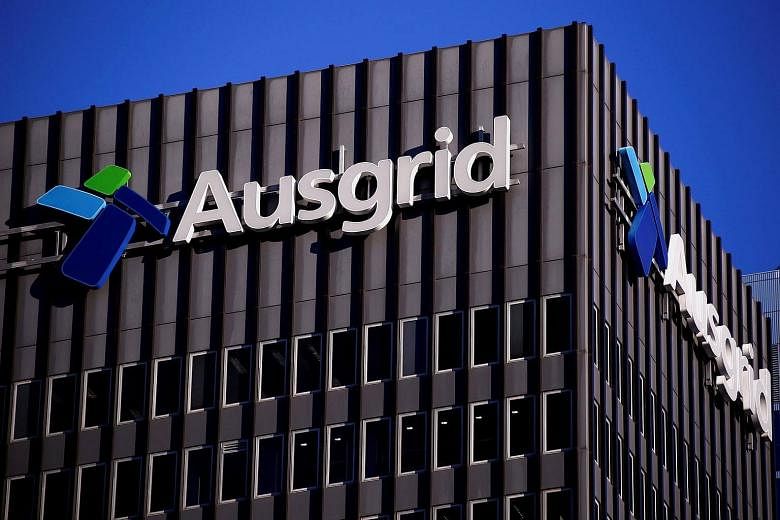Australia's decision to block a A$10 billion (S$10.3 billion) lease of an electricity grid to Chinese and Hong Kong bidders due to security concerns has prompted fierce debate over whether critical infrastructure should be controlled by foreigners, especially if the deal involves China.
The decision, announced last Thursday by the federal government, prevented China's state-owned State Grid Corp and Cheung Kong Infrastructure Holdings, owned by Hong Kong billionaire Li Ka Shing, from bidding for a 50.4 per cent stake in Ausgrid, the main electricity network in the nation's largest state of New South Wales.
But the move has led to accusations from some critics that Canberra had pandered to xenophobia. However, others defended the move, saying that allowing the power network to be controlled by foreigners - particularly from China - posed a serious security risk.
One of the most vocal critics was Australia's former foreign minister, Mr Bob Carr, now director of the Australia-China Relations Institute at the University of Technology Sydney, who said the government had bowed to "economic populism". He suggested the ruling Coalition, narrowly re-elected on July 2, was motivated by the results of the election in which several protectionist candidates won seats.
"It's a huge concession - the first major policy sacrifice - to the witch's Sabbath stirred up in the recent federal election," he told The Australian.
The Treasurer, Mr Scott Morrison, refused to detail his specific security concerns but insisted the decision was not "country-specific".
However, numerous commentators said the government's anxiety was heightened by the possible involvement of a state-owned Chinese firm, especially following Beijing's increasing territorial assertiveness in the South China Sea.
According to a report in The Australian Financial Review on Saturday, "every national security agency in the country advised against it (the deal)".
"The issue, according to people briefed on the matter, was not so much evidence of wrongdoing against the bidders... It was about the longer-term strategic uncertainty in the geo-political relationship."
The battle over Ausgrid comes amid similarly heated debates in Britain and the United States over the involvement of China in sensitive or critical infrastructure projects. Last month, Britain's new Prime Minister, Mrs Theresa May, delayed a final decision on a US$24 billion (S$32.3 billion) nuclear power station, apparently because of the involvement of state-owned China General Nuclear Power Company.
It emerged last week that the US authorities have issued nuclear espionage charges against the Chinese firm and also Mr Allen Ho, an engineer employed by the company who has reportedly been accused of conspiring with the firm to steal US nuclear secrets as part of a plan to develop Chinese nuclear technology.
As in Britain, the debate in Australia has focused on the rules for foreign investment and whether China should be treated differently to other nations. Several commentators noted that the Chinese and Hong Kong bidders have previously been allowed to make large-scale investments in Australia, including in gas and power.
However, a former senior defence official, Mr Peter Jennings, the executive director of the Australian Strategic Policy Institute, said electricity grids were becoming increasingly "hackable".
He added: "I think the more assertive Chinese international posture is going to complicate investment not only here but around the world," he told The Saturday Paper.

